Overview: Variable Resistors and Rotary Potentiometers
Our variable resistors, commonly known as potentiometers, provide smooth and precise resistance adjustment for a wide range of electronic applications. Rotary potentiometers use a rotating shaft or knob to vary resistance and are the most common form factor for user controls and tuning circuits.
Key Features
- Adjustable Resistance: Fine-tune voltage and current in circuits for calibration and control.
- Smooth Operation: Engineered for consistent, low-friction adjustments and repeatable settings.
- Multiple Tapers: Available in linear and logarithmic (audio) tapers to match application needs.
- Wide Resistance Range: Offered in several values to fit signal, load, and interface requirements.
- Durable Materials: Built to withstand repeated use and environmental stresses.
- Compact Options: Multiple form factors for tight PCB layouts and varied mounting methods.
Rotary Potentiometers: Description and Uses
Rotary potentiometers adjust resistance by turning a shaft or knob that moves a wiper across a resistive element. They are commonly used for user interface controls, audio level adjustments, tuning circuits, and sensor calibration.
Common Applications
- Audio equipment: volume, tone, and balance controls.
- Industrial control: sensor calibration and instrument tuning.
- Consumer electronics: radios, TVs, and household devices.
- Automotive: dashboard controls and lighting adjustments.
- Education and prototyping: electronics kits and DIY projects.
How to Select the Right Potentiometer
- Determine the application: Identify the function in the circuit (volume control, calibration, user input).
- Choose the resistance value: Pick a value that matches circuit impedance and desired range of adjustment.
- Select the taper: Use linear taper for uniform changes, logarithmic taper for audio-level control.
- Check size and mounting: Confirm the potentiometer fits the available space and mounting type (through-hole, surface mount, panel mount).
- Verify power and tolerance: Ensure the power rating and tolerance meet your design requirements.
Technical Details and Included Values
- Types: Rotary potentiometers
- Tapers: Linear and logarithmic (audio)
- Mounting: Through-hole and panel-mount options available
- Included resistance values:
- 1 kΩ
- 10 kΩ
- 50 kΩ
- 100 kΩ
Benefits of Using Our Potentiometers
- Reliable and repeatable control for precise tuning
- Enhanced user experience with smooth, low-drag adjustment
- Flexible selection for multiple electronic designs and budgets
- High durability reduces replacement and maintenance costs
Ordering and Support
Upgrade your designs with our reliable variable resistors. Choose the right rotary potentiometer from our selection and enjoy precise control, durable performance, and multiple value options to meet your project needs. If you need assistance selecting the right part, contact our technical support team for help.
Note: Images are for illustration purposes only.

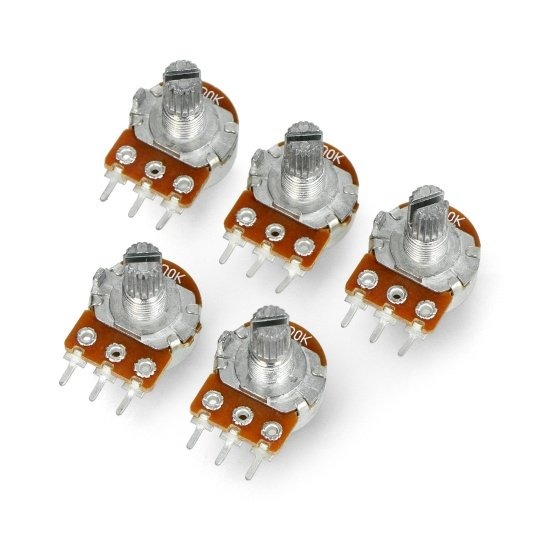
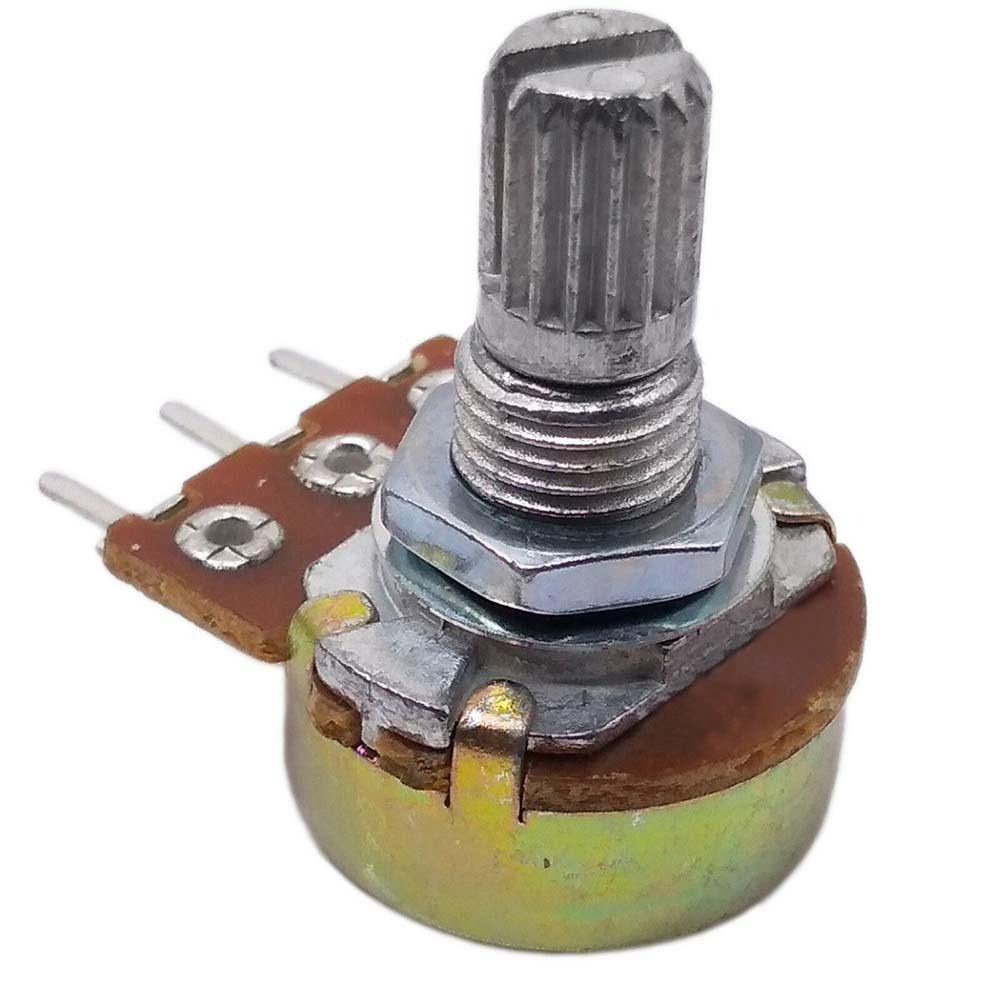
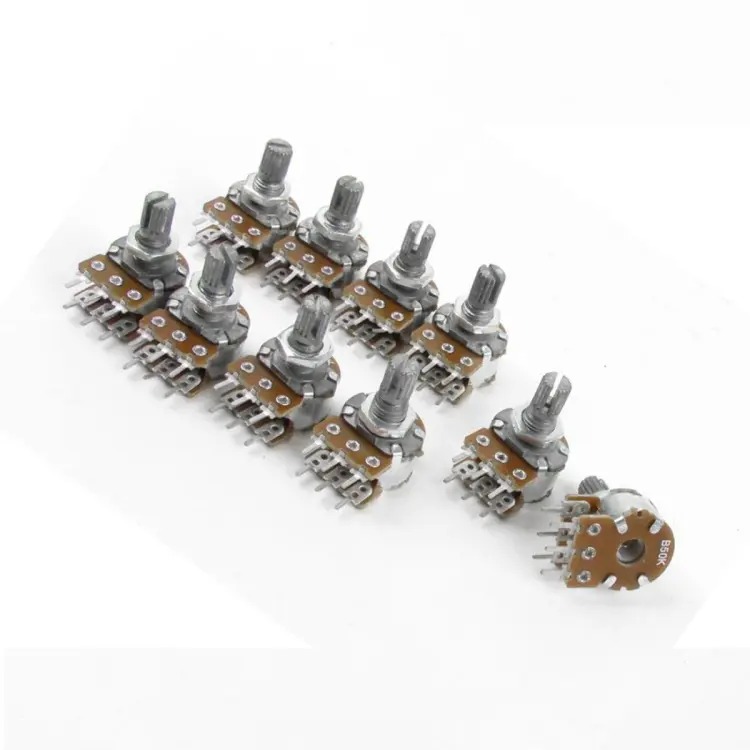

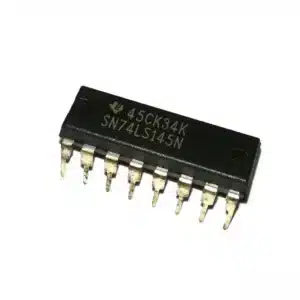
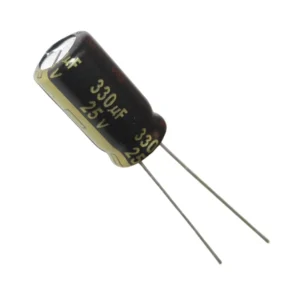
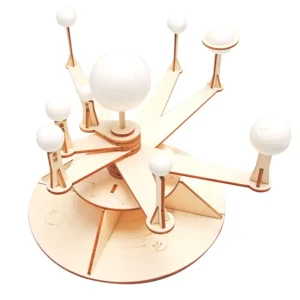
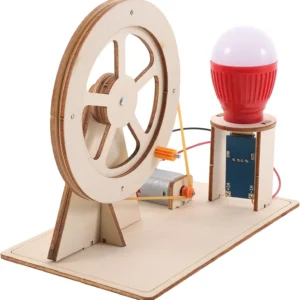
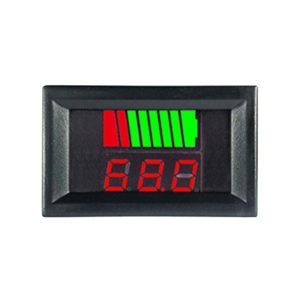

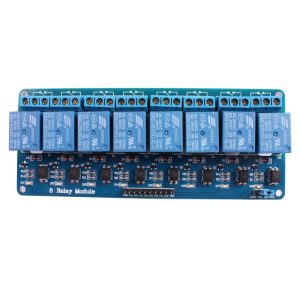
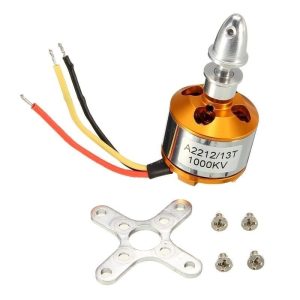
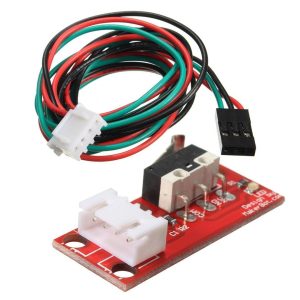
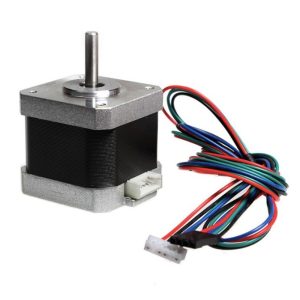

Daim Ali (verified owner) –
Daim Ali –
Guest –
Guest –